Handmade Film Collective Program
The Cellulose Mentorship Program takes place on Unama’kik (Cape Breton Island) in Mi’kma’ki, the ancestral and unceded territory of the Mi’kmaq People.
What: A week-long outdoor mentorship program for emerging film and fibre artists.
Seeking: Six emerging artists; three film artists and three fibre artists, wishing to incorporate plant-based techniques into their art practices. Participants must reside in Atlantic Canada and will be selected by a jury.
Extended Deadline: June 6th, 2023 at midnight ADT
Dates for Mentorship: Aug 20-26th 2023
Fees: There are no registration fees. Participants will receive an $800 artist fee.
Submit Here: https://forms.gle/S6s8qnM7NsHUxaJQ8
Submissions Guidelines
Letter of Intent (250 words or 5 min. audio/video file) indicating why you wish to attend the program
Project Idea (250 words or 5 min. audio/video file) describing an idea, project or plant you would like to engage with during the program.
Artist CV (or 250 words or 5 min. audio/video file) describing your experience with film or fibre arts
Up to 10 images of your work (textile artists) or 5 min. of footage of your work (film artists)
More Details:
Program Description: The Cellulose Mentorship Program is a seven day immersive mentorship program that takes place on Unama’kik (Cape Breton Island) on a property adjacent to the Margaree River Wilderness Area, Inverness County. The program focuses on the theme of cellulose - reflecting on plants from a conceptual lens, the origins of analogue film, and cellulose fibre. Through the study of this theme, we encourage artists to thread together the mediums of film, fibre, and plants with their own spin.
This program supports six emerging artists - three textile artist participants and three film artist participants. Throughout the week, artists will participate in six plant-based workshops taught by three textile artist mentors and three film artist mentors. Emerging artists will work alongside mentors learning how plants can be used to enhance the sustainability of their respective creative practices.
The program consists of hands-on plant-based workshops, hikes, foraging expeditions, plant identification, collaborative discourse, and independent creation time. Emerging artists will have the chance to engage with their project idea through a supportive learning environment.
Films workshops include How to Operate a Bolex, Plant-Based Developers, Phytography (i.e. plant prints on film) and Tinting Film. Textile workshops include Scouring and Mordanting, Natural Dyes, and Botanical-Printing (i.e. plant prints on fabric).
Materials: Film and fabric will be provided, however should artists wish to bring additional materials they are welcome to.
Location: The Cellulose Mentorship Program takes place in the Margaree Valley in rural Unama’kik (Cape Breton), which borders three wilderness protected areas including the Margaree River Wilderness Area.
Accommodation: Participating artists and mentors will be camping on site. Should participants not have their own camping gear, camping gear will be provided. Please indicate on the application form whether you require camping gear or rain gear.
Outdoor living conditions: The entirety of the week’s program takes place outdoors and off grid to allow artists to immerse themselves more fully in the landscape in which they will be working. All artists on site should expect camping, pit toilets, studio, darkroom and dining tents, potable spring water for drinking, bathing in the chilly river or using a camp solar shower. There is limited cell service and we would recommend unplugging for the week if possible to take time in nature. Participants should be prepared to work and live outdoors in the elements.
Meals: Three catered meals a day, including snacks will be provided. Please indicate any food sensitivities or allergies on the application form.
Accessibility: The camping and studio area is 400m from the parking area. The trail includes a dirt road, field of tall grass and a narrow wooded area next to a pond that sometimes is muddy. The camp site and studio tent is located on a flat dry field near the forest overlooking the pond. We will make every effort to accommodate artists with accessibility needs, but cannot change the terrain of the landscape. Should participants have mobility or other accessibility needs, please inform us on the application form so we can best address and meet those needs. Childcare will be provided should the need arise.
Transportation: There will be a free shuttle from Halifax to the property in Cape Breton on the morning of Sunday August 20th. The shuttle will drive participants back to Halifax the afternoon of Saturday August 26th. Participants can also choose to take their own vehicle or carpool.
The Handmade Film Collective gratefully acknowledged the support of the Canada Council for the Arts.


